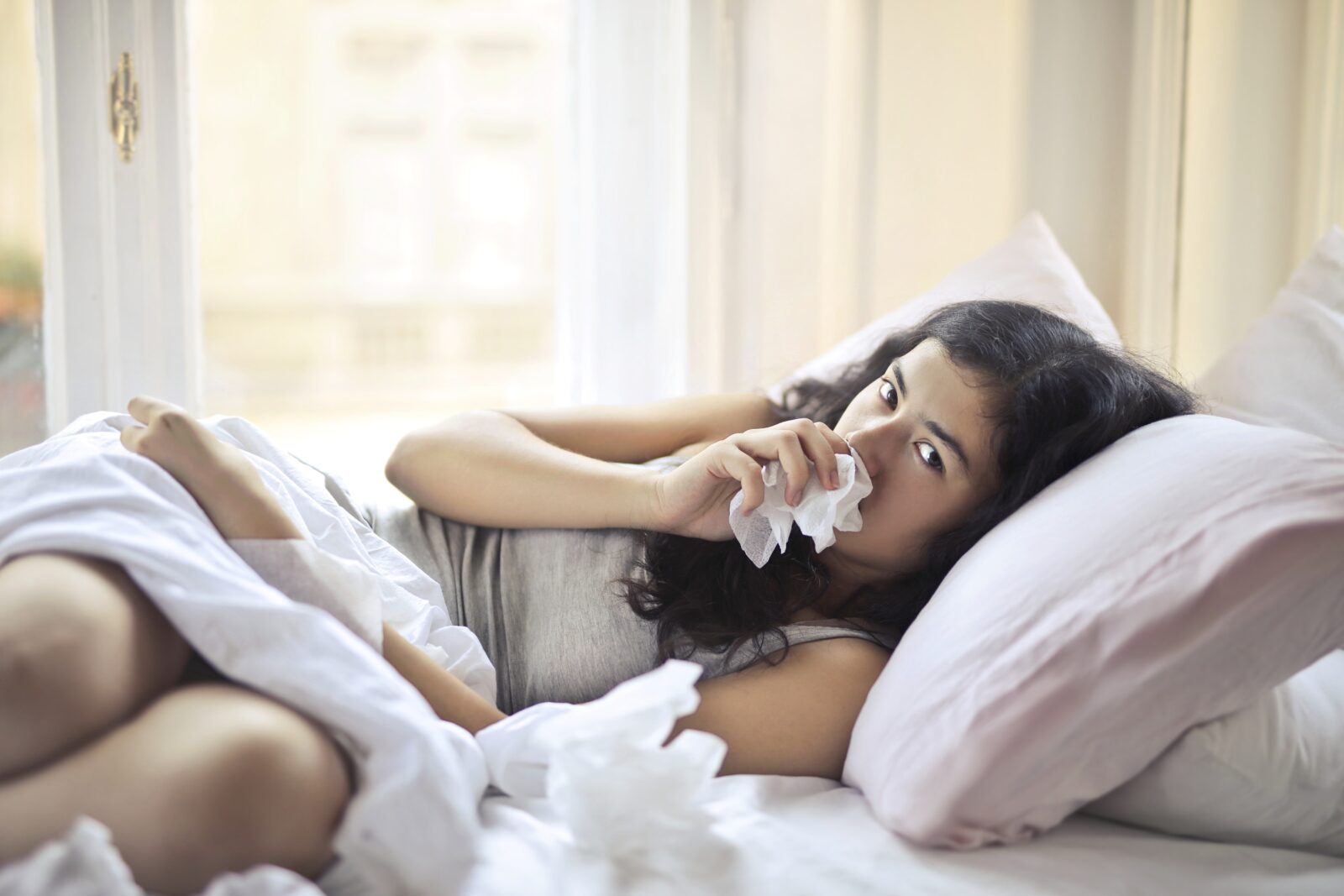Essential Oils
The Best Essential Oils For Hay Fever
After the bitterness of a cold winter, most of us welcome the brighter months of March, April and May with open arms. For hay fever sufferers, not so much! Here we share the best essential oils for hay fever and similar allergies and discuss how these wonderful natural remedies can help allergy sufferers embrace the joys of spring.
What is hay fever?
One in four people in the UK suffers from hay fever, an allergic reaction to pollen with the worst times of year to be affected between March and September. Pollen is usually higher during this time of year due to the warmer, windy and more humid climate. Those who suffer from hay fever are also far more likely to experience other allergy-related medical conditions such as asthma, eczema and food allergies. Hay fever can last for weeks or months with no cure available, leaving sufferers feeling frustrated and irritable. Simple pleasures like a picnic in the park can leave sufferers feeling snotty and miserable.
Common hay fever symptoms:
- Excessive sneezing
- Coughing
- Runny or blocked nose
- Irritated, red, watery and itchy eyes
- Loss of smell
- Headache and pain around your temples
- Earache
- Fatigue
Although not preventable, hay fever symptoms can be eased. Over the counter medications are available, but they aren’t for everyone. Many antihistamines on the market can cause drowsiness, blurred vision and reduced reaction times. It is advised not to drive whilst taking medication for hay fever, and the ones on the market are often not suitable for children and pets.
Can babies get hay fever? Yes, although it’s often mistaken for a common cold.
The good news is sufferers can use the power of essential oils to create homemade remedies for hay fever which many find help ease some of the most annoying of symptoms and irritations.
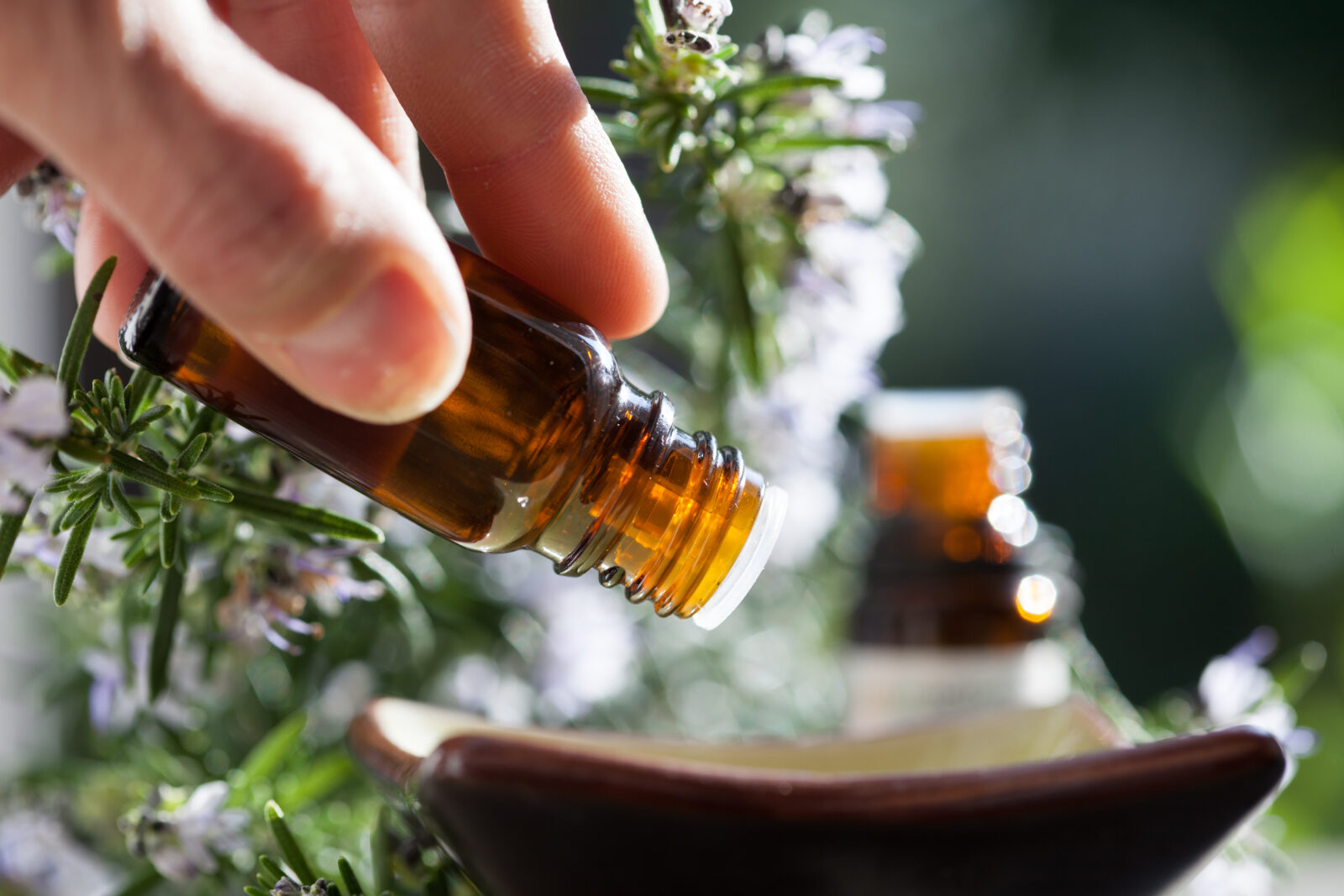
The best essential oils for hay fever and allergies
- Lavender – a natural antihistamine known to help reduce inflammation. Lavender essential oil can help soothe irritation and calm breathing.
- Eucalyptus – ‘the breathing oil’. Eucalyptus essential oil is excellent for opening up the lungs and making breathing easier.
- Tea Tree – a fantastic anti-inflammatory that can also act as an antiseptic agent. Tea tree oil helps to relax the nasal passage.
- Peppermint – can help with opening up your blocked sinuses and relieving headaches.
- Lemon – with Vitamin C being a natural antihistamine, lemon essential oil has been known to help ease hay fever symptoms.
- Rosemary – this fantastic herb is known to help reduce the allergic response to pollen and reduce nasal congestion.
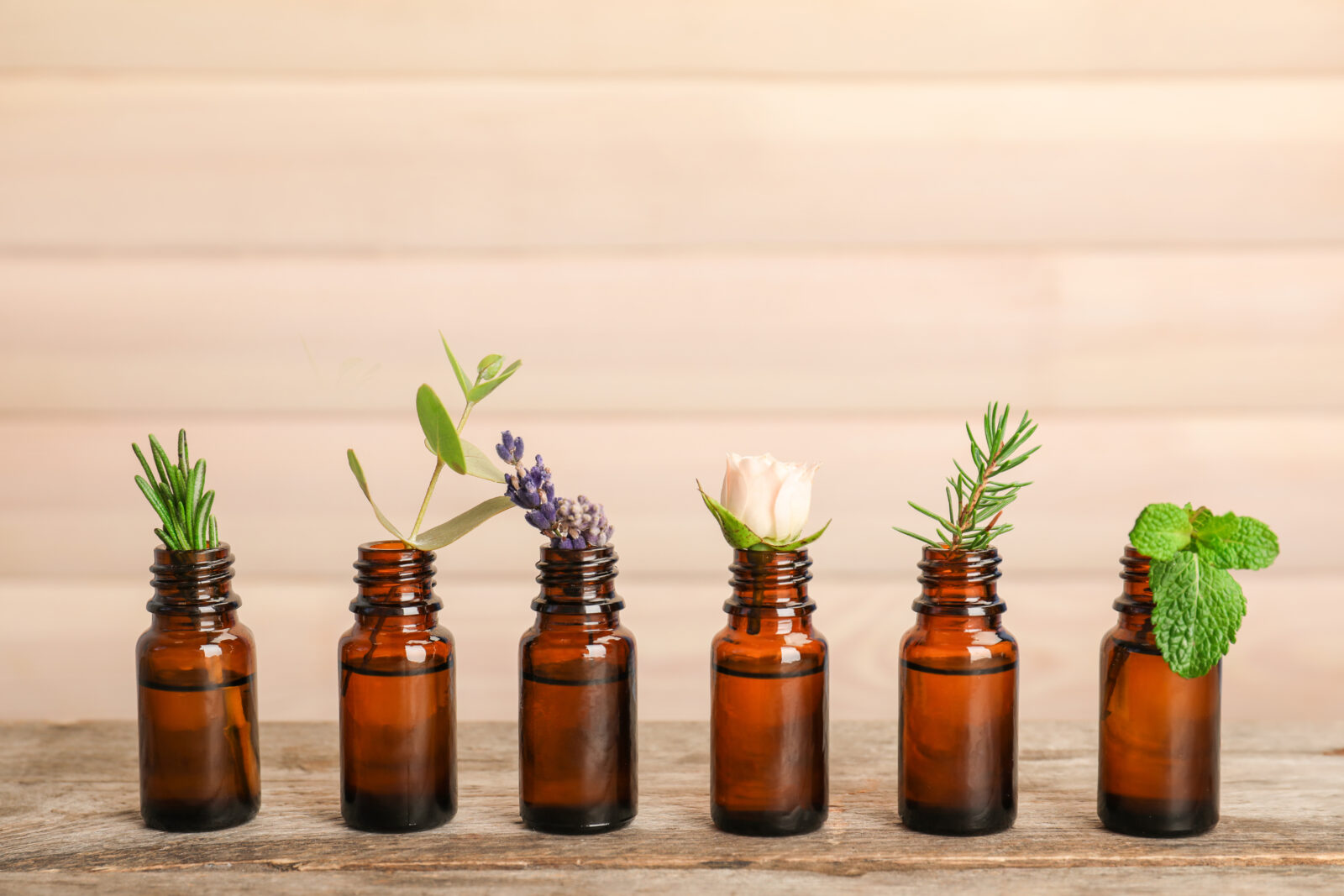
Our best essential oils blends for allergy relief
- Pollen protection – Lemon, Lavender, Frankincense and Peppermint
- Sinus relief – Lavender, Tea Tree, Rosemary
- Breathe deeper – Tea Tree, Sandalwood, Lavender and Roman Chamomile
- Stop the sneeze – Frankincense, Sandalwood and Spearmint
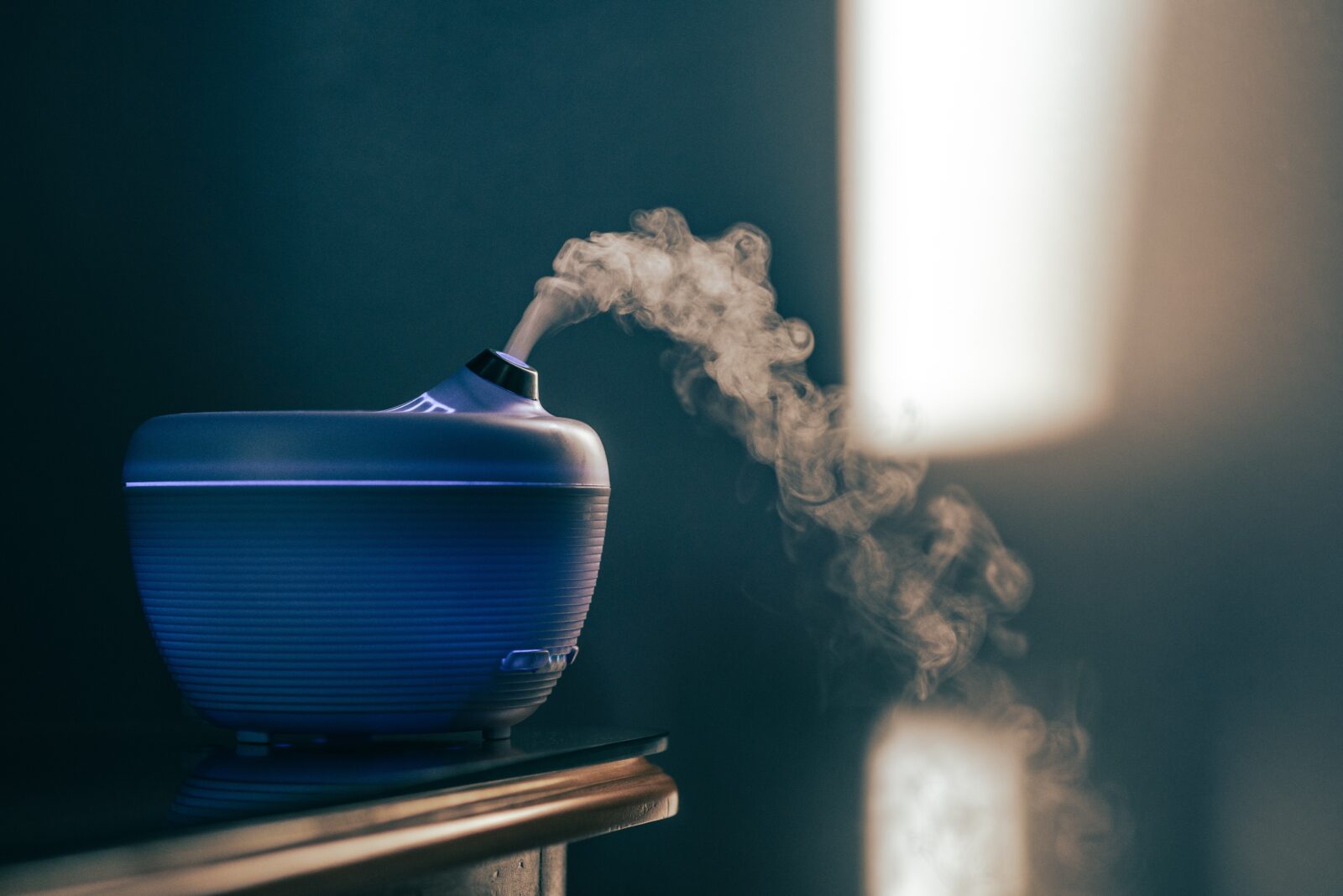
How to use essential oils for allergies
There are many ways you can incorporate essential oils into your everyday life to help assist with allergy relief. Is hay fever getting you down? Try using some of our suggested oils or blends by:
- Dispersing the oil into the air at home. Common ways include reed diffusers, room sprays, candles and wax melts. You could even try a diffuser necklace.
- Create homemade bath and beauty products. Include our suggested essential oils and blends when creating soaps, shampoos or lotions; relax in the bath and ease those symptoms at the same time.
- Apply to your skin. Book yourself in for an allergy relief massage. Note: be sure only to use qualified experts, and if adding essential oils to your skin at home, please do a skin test before applying. Essential oils are highly concentrated and should be diluted. Check out the guidance on your bottle and your recipe beforehand.
- Direct from the bottle. Breathing in aromas from oils is more famously known as aromatherapy. There are many benefits from inhaling essential oils, particularly when helping with allergy relief. Just avoid direct contact with the skin. Even better, book yourself in with an aromatherapist for a personalised session.
- Apply to your everyday items. Add a few drops of essential oils to your pillow before sleep, flannel in the shower, or to the outside of your sleeve. Just remember to dilute your essential oil or avoid direct contact with the skin.
Important: Some essential oils can be dangerous for the elderly, pregnant or breastfeeding women, children and animals. Take extra care when using them in any environment and always read the label before use.
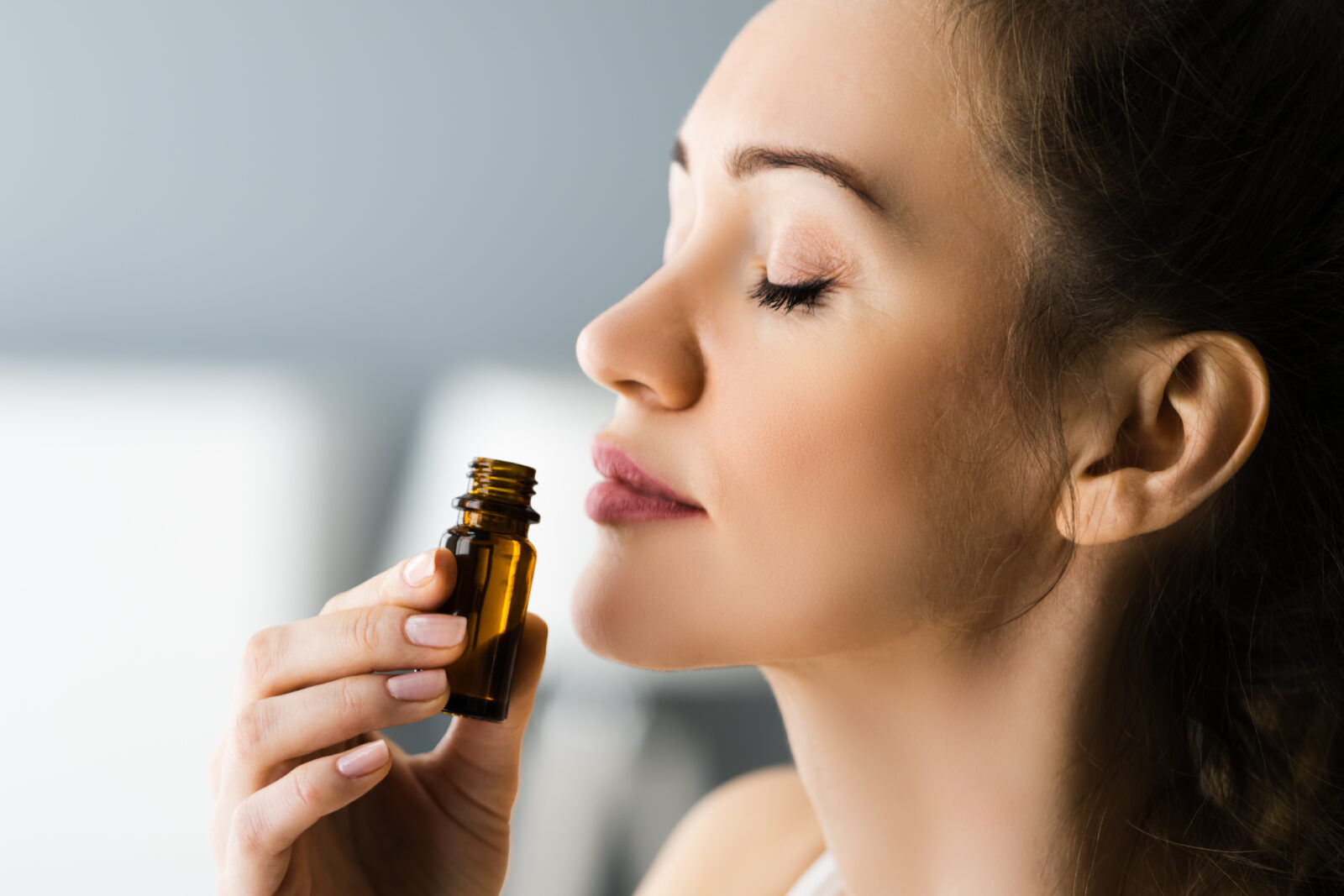
Are you looking forward to the joys of spring but not the sneeze? Try using essential oils as a home remedy for hay fever. You may be pleasantly surprised!
Shop the full range of Freshskin Beauty Essential Oils, all of which are 100% pure and vegan-friendly.
Further reading:
Check out our Essential Oils Blending Guide for more inspiration.


